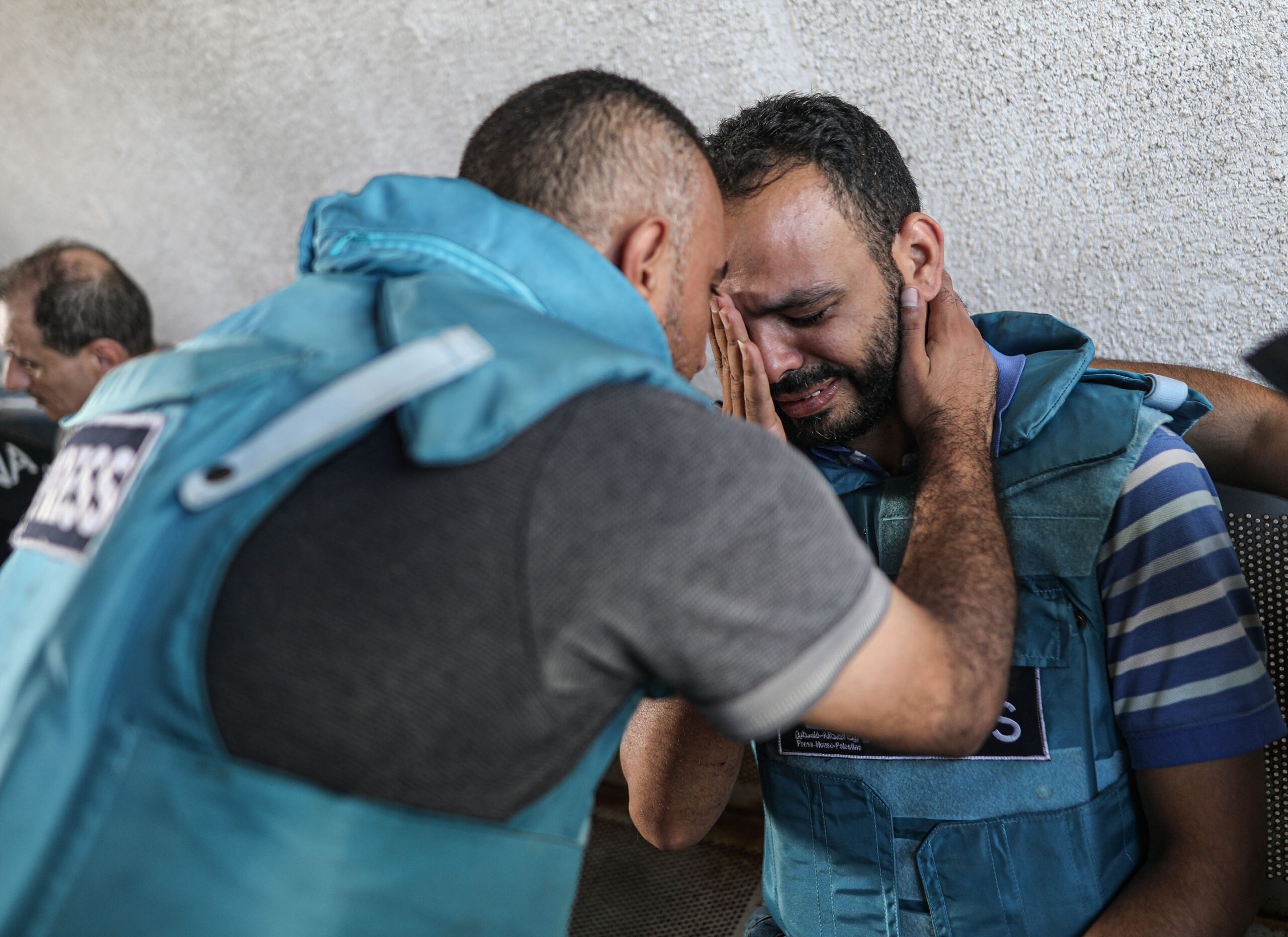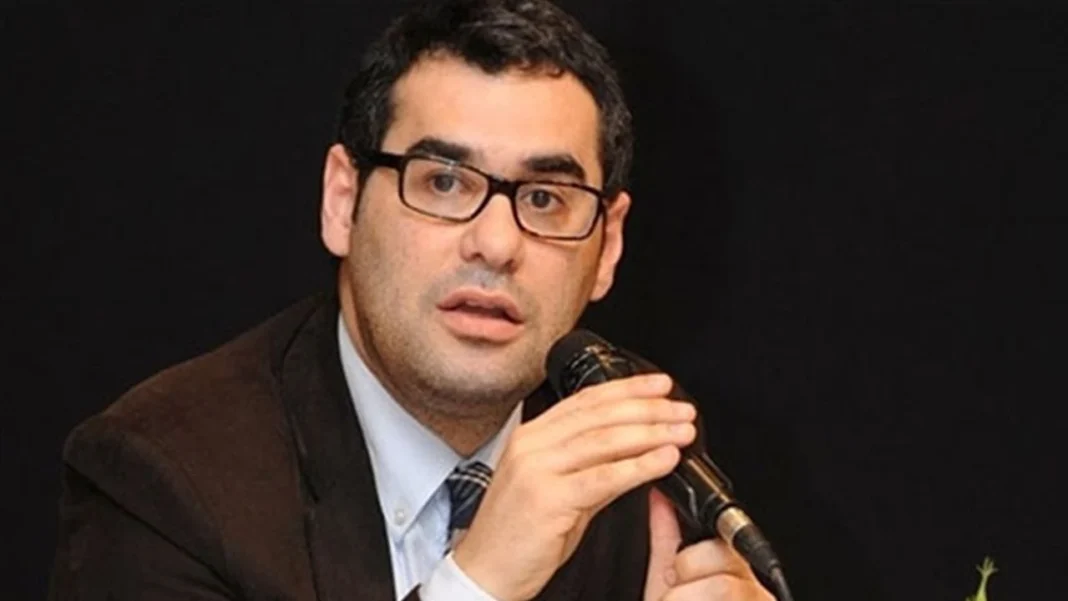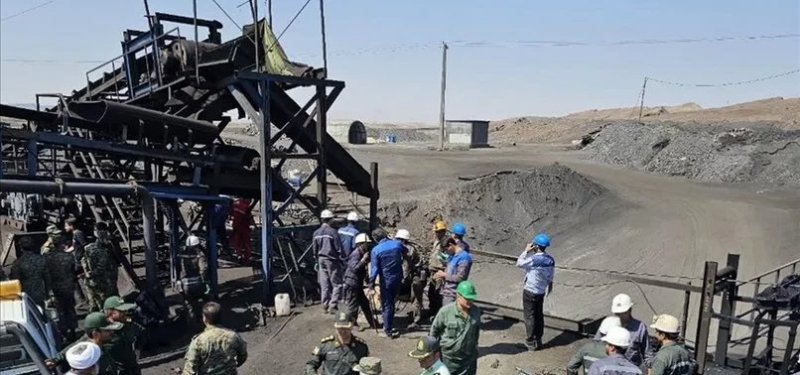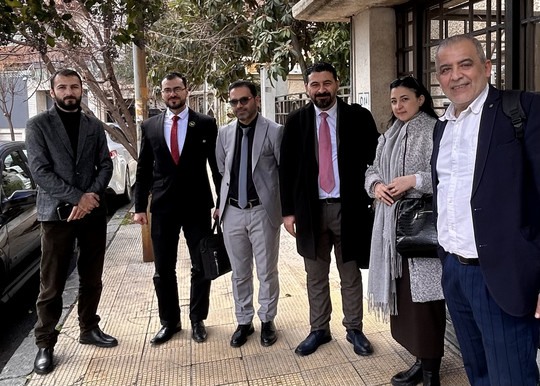
Israel’s War on Journalism: A Critical Account by Chris Hedges
October 25, 2024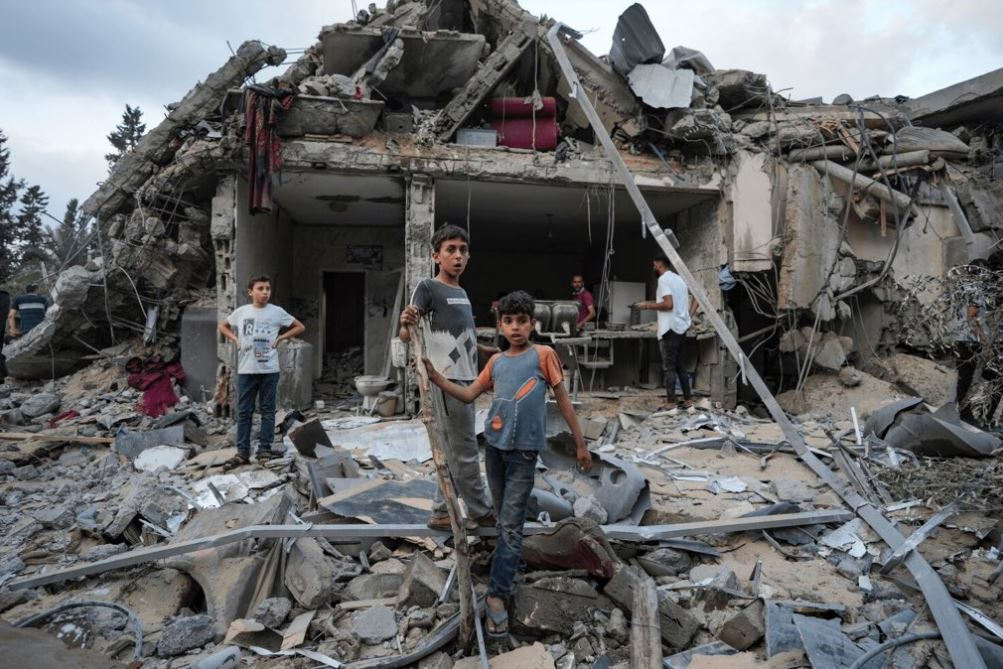
Gaza Becomes the Deadliest Place on Earth for Journalists
October 28, 2024GAZA CITY, GAZA - OCTOBER 10: Relatives and colleagues of Palestinian journalists Saeed Al-Taweel and Mohammad Sobh, who were killed in Israeli airstrikes, mourn in Gaza Strip on October 10, 2023.The journalists were killed while filming the targeting of a residential building by Israeli warplanes in Rimal district in western Gaza. (Photo by Mustafa Hassona/Anadolu via Getty Images)
October 27, 2024 – Palestine –
Three more Palestinian journalists—Saed Radwan, Hamza Abu Salmiya, and Haneen Baroud—were killed in separate Israeli airstrikes across the Gaza Strip, pushing the confirmed death toll of journalists in the conflict to at least 180, according to Gaza’s Government Media Office. These media workers were affiliated with Al-Aqsa TV, Sanad News Agency, and the Al-Quds Foundation, respectively, and all were killed while reporting from active conflict zones.
Their deaths are part of a devastating and ongoing pattern that has made Gaza the most lethal place in the world for journalists. Since the start of the Israel-Gaza war on October 7, 2023, nearly all of those killed have been Palestinian reporters working under extremely dangerous conditions, with limited protective gear, scarce internet, and no corridors of safety. Many have died while marked as press, reporting from hospitals, media tents, or residential areas that were later targeted by Israeli strikes.
Human rights organizations and media watchdogs, including the Committee to Protect Journalists (CPJ), Reporters Without Borders (RSF), and the International Federation of Journalists (IFJ), have condemned the killings and warned that repeated strikes on journalists and media infrastructure could constitute war crimes. These groups have called for independent international investigations and the urgent implementation of protective measures for journalists in conflict zones.
Israel maintains that it targets Hamas militants and that it does not deliberately attack journalists. However, the lack of transparent investigations and the frequency of such deaths have drawn increasing international criticism. Press freedom advocates argue that these killings serve to silence coverage of the humanitarian crisis unfolding in Gaza, deepen the information blackout, and violate core principles of international humanitarian law.
The deaths of Radwan, Abu Salmiya, and Baroud underscore the brutal cost of bearing witness in Gaza. As journalists continue to risk—and lose—their lives to document the truth, their silencing becomes not just a tragedy for their families and communities, but a global failure to uphold the most basic protections for the press.
Reference –
https://kayhan.ir/en/news/132888/3-more-journalists-killed-in-gaza-death-toll-rises-to-180

